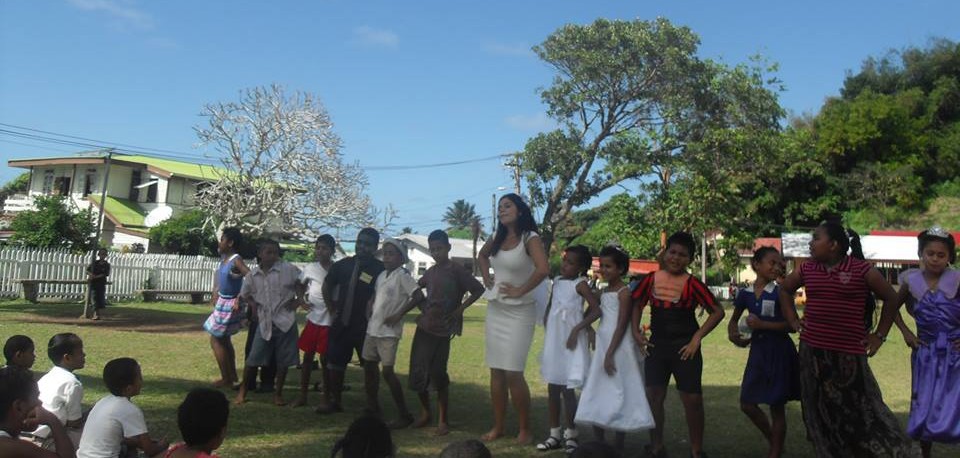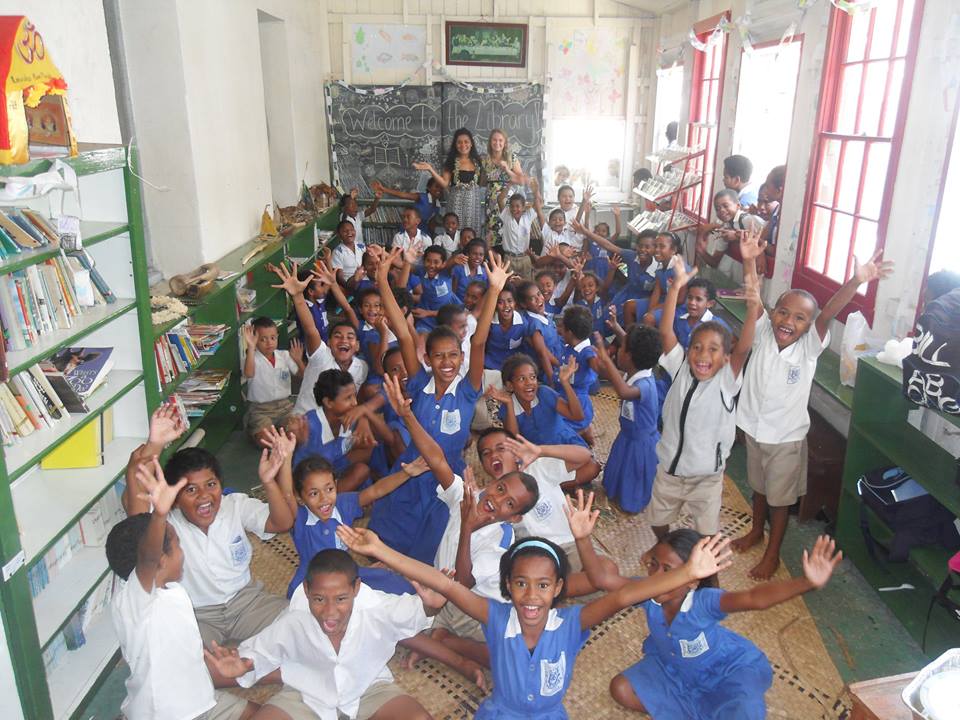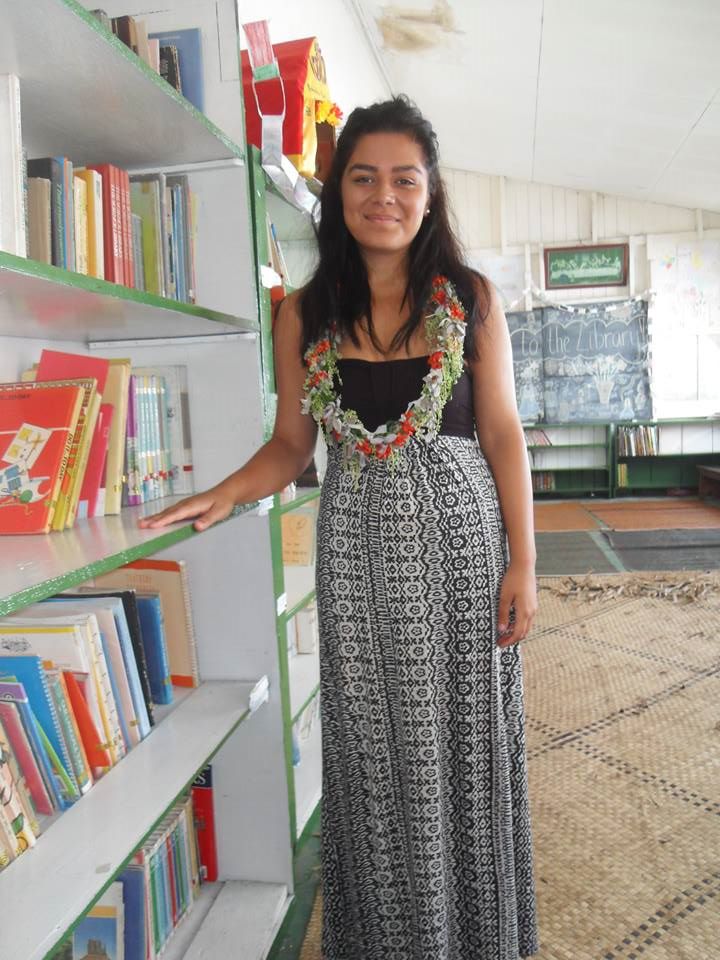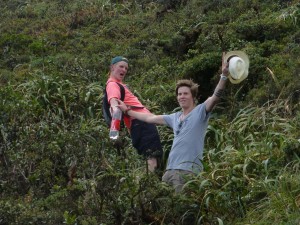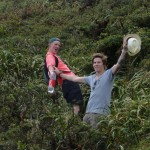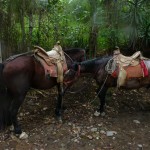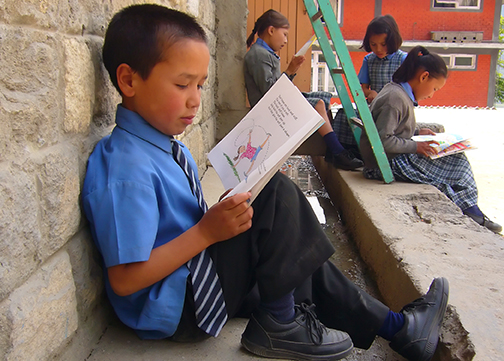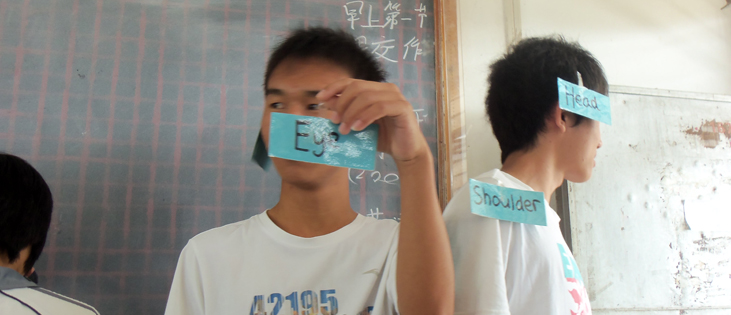Hi Facebook Folks and others interested in reading this,
For those who are interested, you might be wandering what this blog is about - you’re probably gathered something from the title, but in 9 days time, I will be embarking on a 5-6 month trip to China with Lattitude Global Volunteering (as you do!) where I will be taking part in a teacher training course for 2 weeks and then unleashed -prepared or not- into the Eastern Jiangsu province to attempt to teach spoken English to Chinese students aged 16-18. As well and in-country and local travel, I will also be taking on the rather mammoth-task of learning Mandarin during my stay, taking lessons in the college that I’ll teach in. Out of the 25-or-so other volunteers who will also be taking up these challenges, and who I will get to know on my training course early on, I will be sent to my province in China with only one other volunteer, where we will be sharing a flat close to our college. It is technically a voluntary position, but I will be given an allowance by Lattitude to supplement daily needs. As mentioned previously, I will be doing some travel during my placement (which is 5 months) but will be doing most of the large-scale travelling afterwards for hopefully another month!
This blog is going to be based on these (hopefully) spectacular adventures I’m going to have in this country, from the mandarin-struggles of trying to make sure I order a drink correctly rather than accidentally insulting the shop-keeper’s ancestors, to the challenges of teaching my own language in the classroom. My aim is currently to write a blog a week whilst I’m there.
You might be wondering why I’ve chosen to go spend 6 months in a country whose language I don’t speak, and furthermore try to teach students there the groovy language of english. There are numerous reasons. First of all I’M ON A GAP YAH!!! YAH YAH! I probably won’t get an opportunity like this again. And after studying the Chinese 20th century for History at college last year I knew that if I was going to visit another country, I’d visit China. I absolutely loved studying it.
Secondly, I kind of made the decision that I’d like to live in another country and work there, as opposed to visiting it as a tourist. I can’t help feeling I’ll learn so much more about China by learning to adapt there and spending time with the people. That’s where the work comes into play as well, so that I have some sort of focus. Additionally, it’s always something more-than interesting to put on the CV later on!
Another reason why I’m doing this is partly to try and learn another language. Having done French GCSE and AS level, I thoroughly enjoyed this practice, although I am by no means fluent, and haven’t tried speaking French for a good year and a bit. Subsequently, having already spent a month of my Gap Yah in Saudi Arabia with the National Youth Theatre, picking up on various Arabic phrases to get me by, and enjoying doing so, I have missed speaking a foreign language. You’re probably wondering, ‘well then why on earth are you trying to learn MANDARIN of all languages? Why not continue pursuing French???’ I did consider going to work in France, but my eagerness to explore China took priority over this. Not the least to say additionally, that many of us could be having to speak Mandarin in 50 years time, with China’s growing economic supremacy. Although an extremely tough language it will be to learn, it would undoubtedly be beneficial to understand even the smallest and simplest of phrases. It would be rather unrealistic, to think that I could return 100% fluent. I would however, like to be able to get to a level where I can hold a simple conversation. And that’s just speaking it, I have no idea what I’m going to be like reading and writing it (AAAAGGGHHHH!).
Another reason for taking on this placement, is because I would like to experiment with the idea of teaching. I’ve always been interested in it; teaching as a profession is something I’m certainly open to trying in the future, although for a while now I have had my sights set on making it as an actor. But with teaching, I have had previous experiences of running small workshops in both Uganda and Saudi Arabia. However, these have been mostly Drama-based, and I have not yet taken on the task of teaching someone English. I don’t know if it’s naive of me to think that if I enjoy learning one language, I could enjoy teaching my own, but hey ho, that’s what made me think this placement could be something I could handle, and eventually enjoy.
In reference back to my love of acting, this was conversely why I chose to go and teach english in another country in the first place. During the last 6 years, my summers and other holidays have mostly been taken up with a theatre project of some sort, which I have thrown myself into. I’ve absolutely loved it. However, I did start to wonder if there were other things I could be doing, other than acting and theatre. If I was going to take a gap year, I would do something completely different. Besides, it’s not like I’ll be short of Drama and Theatre in September, as I’ll be attending Royal Holloway University to study exactly these things. For now, time to do something that I’ll probably never get to do again.
There are various things I am looking forward to in the coming months, such as understanding the processes of learning mandarin; the vastly different factor in the language being that the tones come into play when speaking it. For example, ‘ma’ can mean ‘mother’, ‘horse’, ‘slow’, ‘ride’, ‘beat’ depending on what tone you use (I’ll leave it to your imaginations what you can convey in a sentence with only that word). I’m guilty in not having prepared myself with a lot of phrases yet, but I have some brilliant language learning software and phrasebooks to help me, as well as the lessons I’ll be receiving. The different food, methods of teaching, apartment, and what my class will be like is something I am also looking forward to discovering, but there’s a great deal of unknowing as well as excitement to what lies ahead; I have no idea what to expect. But that’s the fun in it, isn’t it?
Will provide an update soon, thanks for reading, let’s do this!
